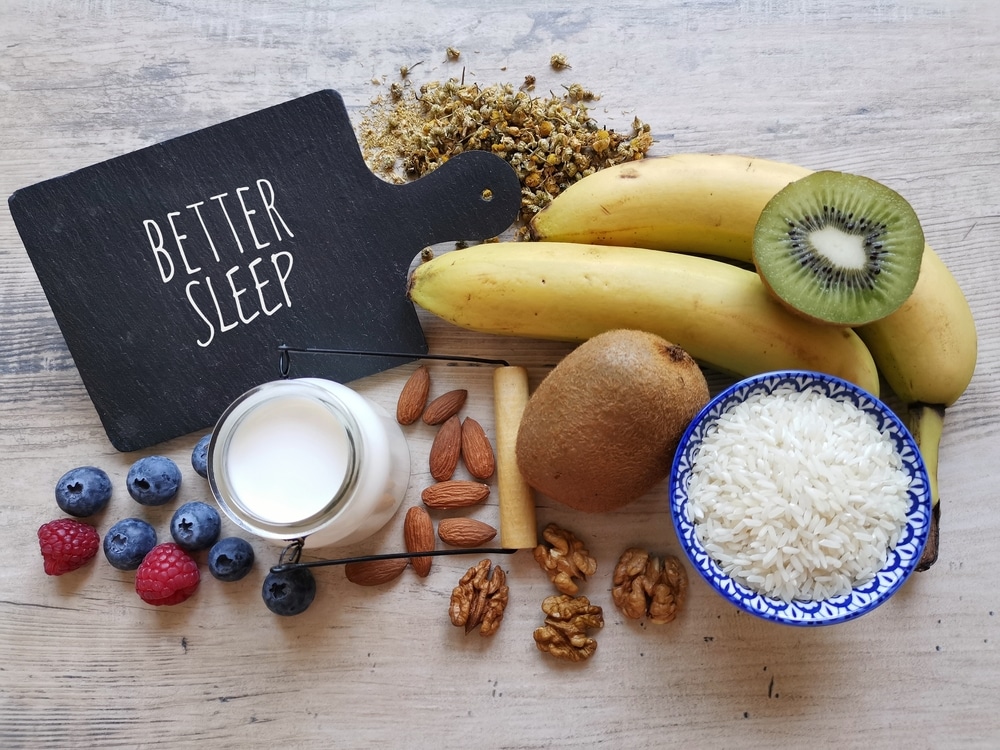Introduction:
Melatonin, a hormone primarily known for its role in regulating sleep-wake cycles, has garnered significant attention in recent years due to its potential impact on glucose metabolism and the influence it may have on late-night eating habits. In this medical blog article, we will explore the functions of melatonin, its effects on sleep and glucose metabolism, and its intriguing relationship with eating during late hours.

The Basics of Melatonin:
Melatonin is a naturally occurring hormone produced by the pineal gland in the brain, and its secretion is largely influenced by the body’s internal clock. Darkness triggers melatonin production, signaling the body that it’s time to sleep, while light suppresses its release, promoting wakefulness. This intrinsic link between melatonin and sleep has made it a popular supplement for individuals experiencing sleep disturbances.
Melatonin and Sleep:
Melatonin plays a crucial role in regulating the circadian rhythm, also known as the “body clock.” It helps synchronize various physiological processes, including sleep-wake cycles, temperature regulation, and hormone secretion. Supplemental melatonin has been widely used to alleviate symptoms of insomnia and jet lag. However, it’s essential to use it under the guidance of a healthcare professional to avoid potential side effects and to determine the appropriate dosage.
Melatonin and Glucose Metabolism:
Recent research has shed light on the intriguing connection between melatonin and glucose metabolism. Studies suggest that melatonin may influence insulin secretion and sensitivity. Disruptions in the circadian rhythm, such as shift work or irregular sleep patterns, have been associated with an increased risk of developing insulin resistance and type 2 diabetes. Melatonin’s role in regulating the internal clock may be one of the factors contributing to this relationship.
The Effect of Eating in Late Hours on Melatonin Levels:
Late-night eating habits have become increasingly prevalent in our modern society. Emerging evidence suggests that consuming meals during the late evening or nighttime may disrupt the body’s natural melatonin production. Certain foods, especially those high in sugar and carbohydrates, may further exacerbate this effect by altering blood glucose levels. Consequently, disrupted melatonin levels can affect the quality of sleep, perpetuating a vicious cycle.
The Bidirectional Relationship:
The relationship between melatonin, sleep, glucose metabolism, and eating habits is complex and bidirectional. Poor sleep quality can impact melatonin production and disrupt glucose metabolism, potentially leading to weight gain and metabolic disturbances. Conversely, irregular eating patterns and consuming meals in late hours can affect melatonin secretion, compromising the quality of sleep.
Conclusion:
Melatonin, beyond its role in regulating sleep-wake cycles, appears to have a significant impact on glucose metabolism and late-night eating habits. The interplay between melatonin, sleep, and eating patterns is a promising area of research, offering insights into potential therapeutic interventions for sleep disorders, metabolic conditions, and unhealthy eating habits.
As with any medical topic, it’s essential to consult with a healthcare professional before making any significant changes to sleep patterns, dietary habits, or using melatonin supplements. Understanding the intricate relationship between melatonin, sleep, and metabolism can empower individuals to make informed lifestyle choices for better overall health and well-being.

